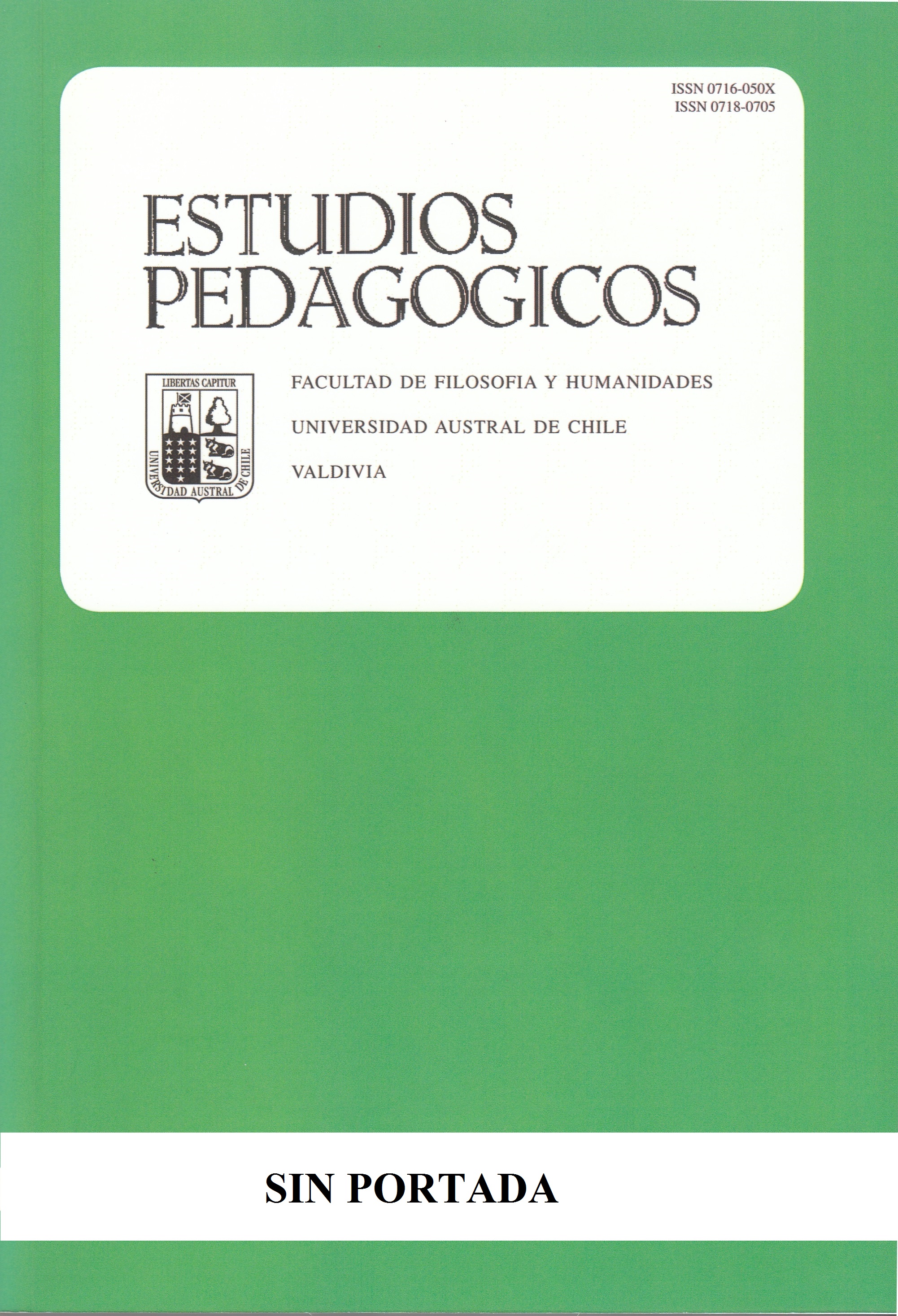“How do my students talk and write?” Linguistic-educational conceptions of elementary school teachers
Main Article Content
Abstract
In this paper we study elementary school teachers’ perspectives of their students’ linguistic variety and learning to write. We selected four schools in Northwestern Patagonia (Argentina) with different educational modalities and students’ social background: centrally-located, outlying, rural, and rural-home school. All teachers in these schools were asked to complete a written questionnaire composed by open-ended questions. We applied the lexicometric method to the complete transcriptions of teachers’ manuscript answers. Results accounted for
distinct perspectives of their students as speakers, writers and learners, which allowed us to infer two main linguistic-educational conceptions. One conception, associated to teachers from the centrally-located school, was characterized by positive valuations over their students’ language, socialization, and skills, and showed traits of an interpretative theory of learning. Another conception, associated to teachers from the outlying and rural-home schools, was characterized mostly by deficit views and showed traits of a direct theory of learning.

